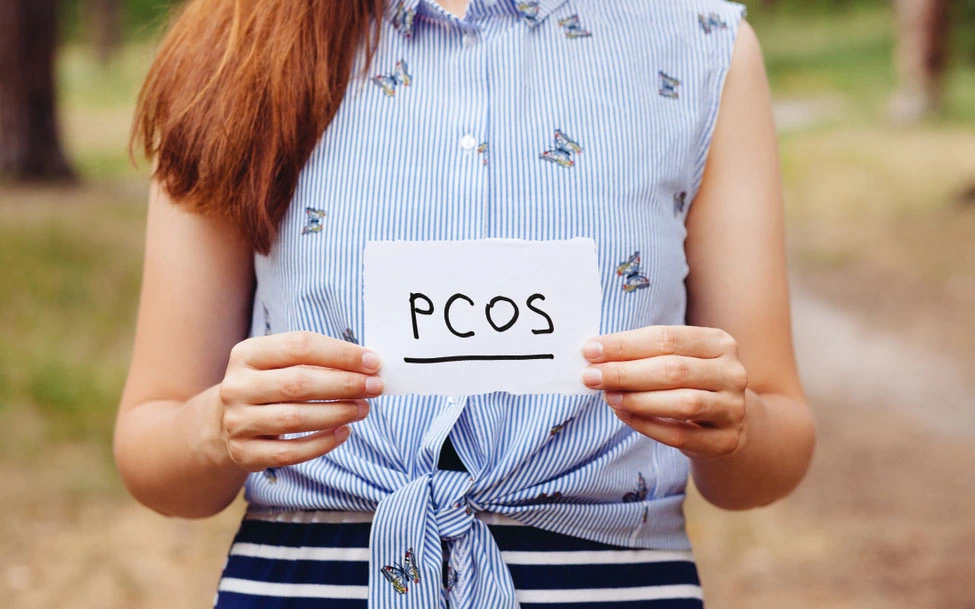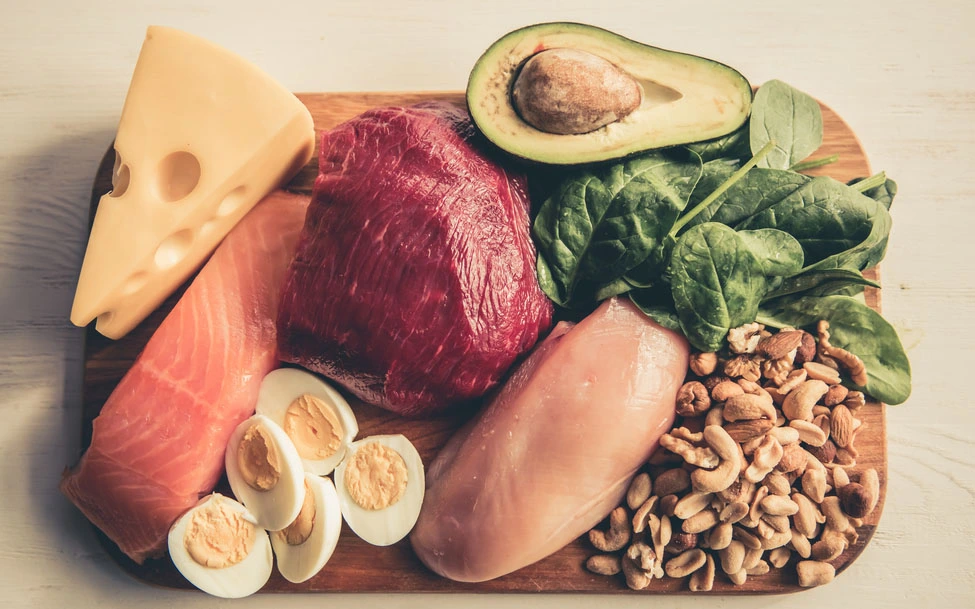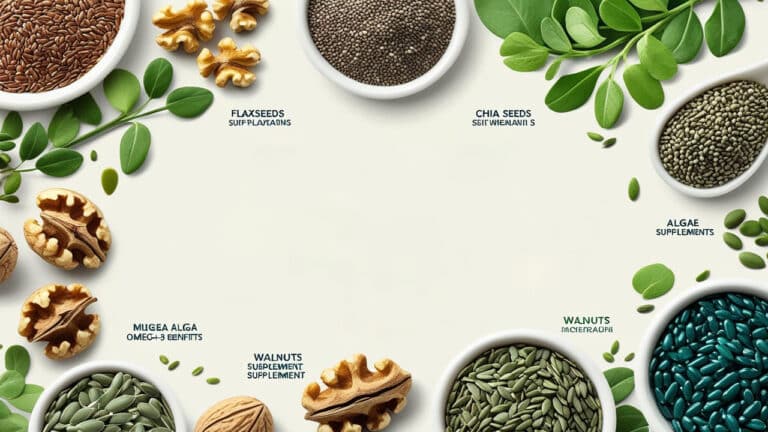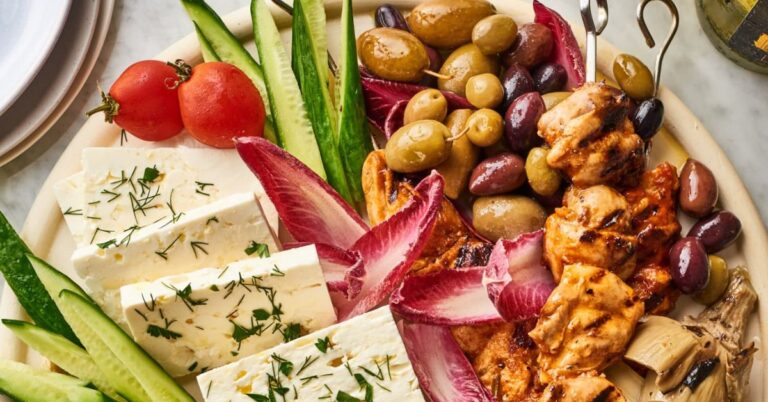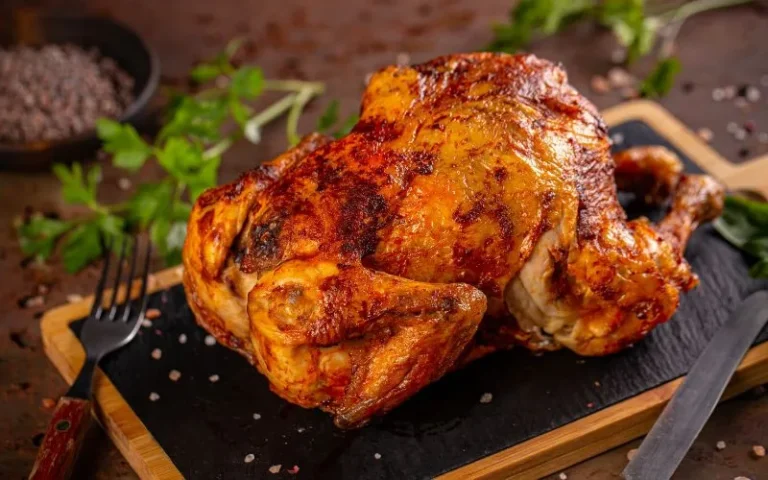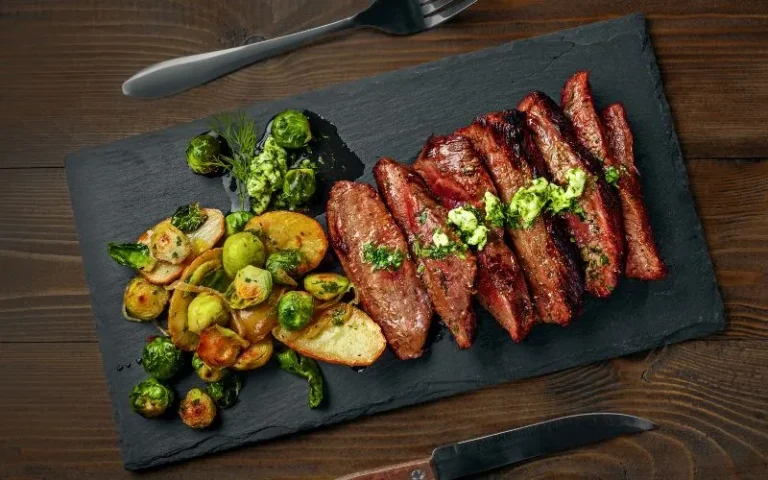Polycystic Ovary Syndrome (PCOS) is a condition that affects 1 in 10 women of childbearing age and is characterized by a hormonal imbalance that can impact overall health and fertility. While there is no cure for PCOS, managing symptoms through healthy diet and lifestyle changes can be incredibly effective. This guide dives into the essentials of a PCOS diet plan aimed at helping manage symptoms and improve quality of life.
Symptoms Of PCOS
PCOS is often associated with insulin resistance, inflammation, and hormonal imbalances, leading to symptoms like:
- Weight gain
- Irregular Periods
- Acne
- Hair growth
Nutrition diet plays a key role in managing these symptoms, focusing on foods that stabilize blood sugar, reduce inflammation, and balance hormones.
The Foundation Of A PCOS Diet Plan
A well-designed diet plan is essential for managing the symptoms of Polycystic Ovary Syndrome (PCOS). Therefore, it is important to consider certain factors when creating a diet plan for PCOS. These factors may include:
Low Glycemic Index (GI) Foods
Focusing on low-GI foods, such as whole grains, legumes, nuts, seeds, fruits, and vegetables, helps manage insulin levels and supports weight management.
High-Fiber Foods
Fiber helps digestion and maintaining a healthy weight by keeping you fuller for longer. Aim for various fruits, vegetables, whole grains, and legumes.
Lean Protein
Lean protein sources like chicken, fish, tofu, krill meat, and legumes can help balance blood sugar levels and support muscle mass, which is important for metabolism.
Healthy Fats
Consuming fatty fish, flaxseeds, walnuts, and avocados can help reduce inflammation associated with PCOS due to their omega-3 fatty acid content.
Anti-inflammatory Foods
Turmeric, berries, green leafy vegetables, and nuts are rich in antioxidants and can help reduce inflammation in the body.
Dairy Alternatives
Some women with PCOS may find they are sensitive to dairy products. Opting for dairy alternatives like almond, coconut, or oat milk can be beneficial.
Foods To Limit Or Avoid In PCOS
- High in calories and low in nutrients, these can spike insulin levels and exacerbate PCOS symptoms.
- These can increase inflammation in the body.
- White bread, pasta, and pastries can cause insulin spikes and are best replaced with whole-grain alternatives.
- Limiting fruits like bananas, grapes, and mangoes can help manage blood sugar levels.
5 Day PCOS Diet Plan
Creating a PCOS-friendly diet plan incorporating antarctic krill food, known for its high omega-3 fatty acid content, can provide anti-inflammatory benefits and support overall health. Here’s a structured five-day meal plan to keep your diet varied and nutritious.
Day 1
Breakfast: Scrambled eggs with spinach and diced tomatoes, served with a side of krill meat sautéed lightly in olive oil and garlic.
Lunch: A mixed green salad with cucumber, cherry tomatoes, avocado, and grilled chicken, dressed with olive oil and lemon juice.
Dinner: Baked salmon with a side of quinoa and steamed broccoli.
Snacks
- A small bowl of mixed berries.
- A handful of almonds.
Day 2
Breakfast: Greek yoghurt with flaxseeds, walnuts, and a handful of blueberries.
Lunch: Krill meat salad, toss krill meat with mixed greens, bell peppers, and a vinaigrette dressing. Top with a sprinkle of feta cheese.
Dinner: Over brown rice, stir-fried tofu with various vegetables (bell peppers, snap peas, carrots).
Snacks
- Sliced apple with almond butter.
- A serving of carrot sticks with hummus.
Day 3
Breakfast: Oatmeal topped with cinnamon, a drizzle of honey, and fresh sliced strawberries.
Lunch: Turkey and avocado wrap with whole grain tortilla, lettuce, and tomato.
Dinner: Krill meat stir-fry: Sauté krill meat with garlic, ginger, and a mix of vegetables like bok choy, bell pepper, and zucchini. Serve over a small portion of basmati rice.
Snacks
- Cottage cheese with a slice of peach.
- A few slices of cucumber with a sprinkle of chili powder and lime.
Day 4
Breakfast: Krill meat omelet with mushrooms, spinach, and a touch of cheese. Serve with a side of whole-grain toast.
Lunch: A quinoa bowl with black beans, corn, diced tomatoes, and avocado, drizzled with a lime-cilantro dressing.
Dinner: Grilled chicken breast with roasted sweet potatoes and green beans.
Snacks
- A small banana.
- A handful of pumpkin seeds.
Day 5
Breakfast: Smoothie with spinach, banana, almond milk, and a tablespoon of peanut butter.
Lunch: Krill meat tacos: Serve krill meat on corn tortillas with lettuce, diced tomatoes, and a dollop of Greek yogurt instead of sour cream. Add a squeeze of lime for extra flavor.
Dinner: Baked cod with mixed vegetables (carrots, zucchini, bell peppers) roasted with herbs and olive oil.
Snacks
- Sliced bell peppers with guacamole.
- A small serving of mixed nuts.
Conclusion
This five-day PCOS diet plan incorporates krill meat into your meals, providing variety and essential nutrients beneficial for managing PCOS symptoms. Remember, the key to a successful Pcos diet plan is not just the ingredients but consistency and balance. Always visit a healthcare or dietitian to ensure this plan suits your health needs and goals.
Frequently Asked Questions
Can Diet Alone Manage PCOS Symptoms?
Having a healthy diet with regular exercise, stress management, and medication prescribed by a healthcare provider is the most effective way to manage PCOS symptoms.
Is It Necessary To Eliminate Carbohydrates From Diet If I Have PCOS?
There is no need to eliminate all carbohydrates. To manage blood sugar levels, opt for complex carbs like whole grains, fruits, and veggies with a low glycemic index.
Can I Lose Weight With A PCOS Diet Plan?
A low-processed food and sugar diet high in fiber, lean protein, and healthy fats can help individuals with PCOS lose weight. Combine dietary changes with physical activity for optimal results.

